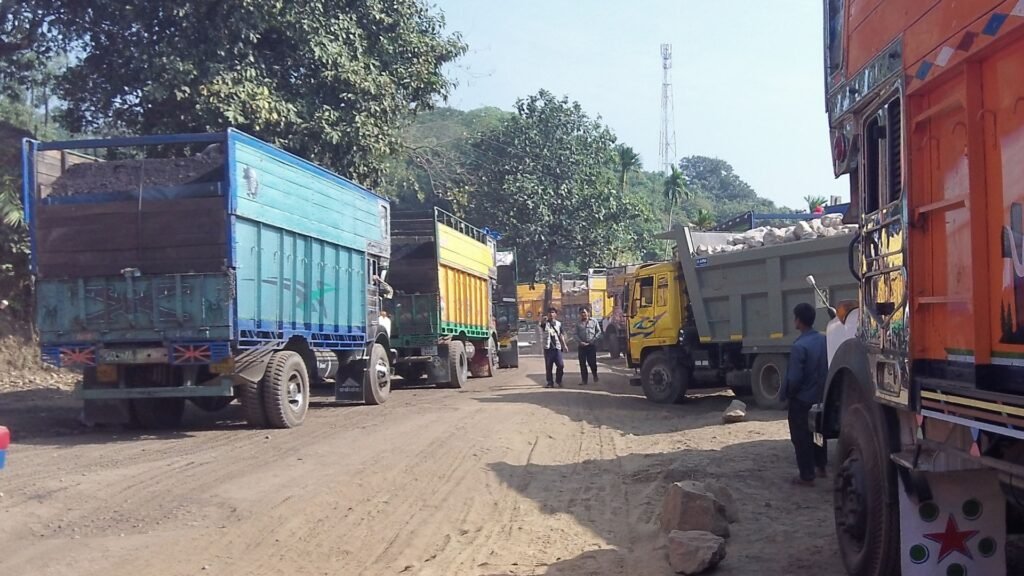India has taken a bold step by banning the import of ready-made garments from Bangladesh through land routes. This decision, made by the Directorate General of Foreign Trade (DGFT) under the Ministry of Commerce and Industry, comes in response to Bangladesh’s restrictions on the import of cotton yarn from India.
The move is seen as a form of retaliation against Bangladesh, as the Indian government aims to protect local industries from cheaper imports. Along with ready-made garments, a variety of other goods such as fruit-flavoured carbonated drinks, processed food items, and plastic finished goods will also face stricter port restrictions.
These restrictions will not apply to essential imports such as fish, LPG, edible oil, and crushed stone. Additionally, the ban does not extend to Bangladeshi goods transiting through India and destined for Nepal and Bhutan.
India’s annual trade with Bangladesh amounts to around $13 billion, with imports from Bangladesh totaling $2 billion. Bangladesh’s ready-made garment exports to India are estimated at around $700 million, with 93% of these shipments entering India through land ports.
The decision to impose port restrictions is also aimed at addressing the challenges faced by the northeastern states in accessing the Bangladesh market. Bangladesh’s restrictions on Indian exports at Land Customs Stations and Integrated Check Posts have hindered industrial growth in the region.
In response to these challenges, India has decided to impose restrictions on imports from Bangladesh through land routes in Assam, Meghalaya, Tripura, and Mizoram. This move is intended to promote self-reliance and support local manufacturing in the northeastern states.
Overall, this decision marks a significant development in the trade relations between India and Bangladesh, as both countries navigate the complexities of protecting their respective industries while promoting economic growth.

